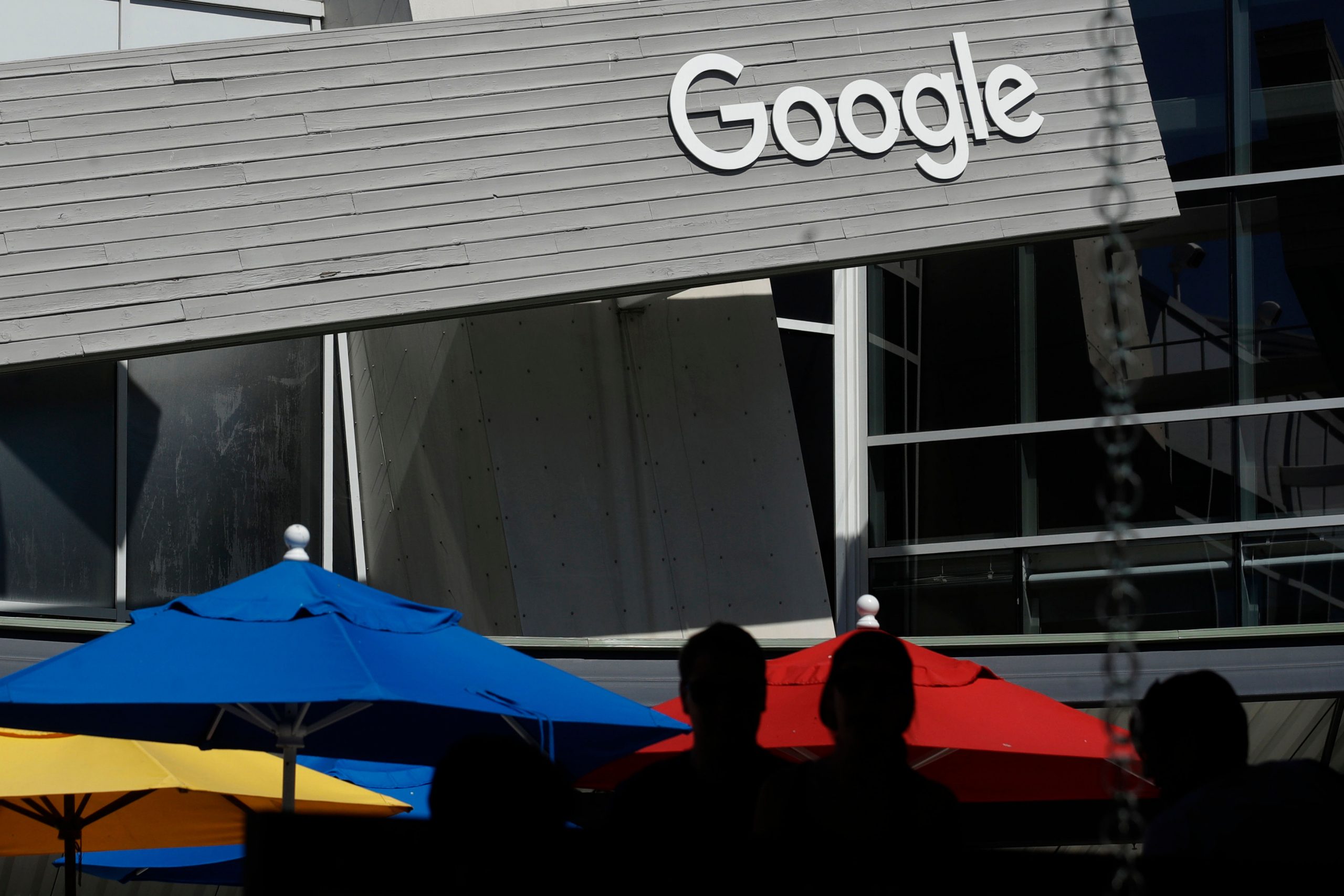The UK Supreme Court has blocked a planned £3 billion class action suit against Google over claims it secretly tracked the internet activity of millions of iPhone users to pass it on to advertisers. Richard Lloyd, former director of consumer protection group Which?, supported by the campaign group Google You Owe Us, wanted “representative action” against the US tech giant on behalf of around 4.4 million people in England and Wales.
Lloyd claims Google “illegally misused the data of millions of iPhone users” through the “clandestine tracking and collation” of information about internet usage on the Safari browser, known as the “Safari workaround.”
UK lawmakers to grill Facebook, Google, Twitter over cybersecurity
Lloyd and Google You Owe Us were expecting between £1bn and £3bn in compensation for alleged violation of the Data Protection Act, reports The Independent UK. They “browser-generated information” collected by Google included racial or ethnic origin, physical and mental heath, political affiliations or opinions, sexual interests, and social class of users.
Google’s lawyers argued the Safari workaround had not resulted in any breach.
Watch | Sundar Pichai forgets to unmute while speaking to Kermit The Frog
The Court of Appeal High Court in 2019 overturned a High Court ruling that Lloyd could not serve the claim on Google outside the jurisdiction of England and Wales. On Wednesday, a panel of five Supreme Court justices ruled that Lloyd’s argument for a uniform sum to each of the affected iPhone users was “unsustainable” without proof of financial loss or mental distress.
Facebook to Meta: A look at other tech rebrands and what triggered them
Google’s lawyers in April argued that the Court of Appeal ruling could “open the floodgates” to vast claims brought on behalf of millions of people against data companies.
Google You Owe Us and Lloyd claimed that Google had bypassed privacy settings on Apple iPhone handsets between August 2011 and February 2012 to divide users into categories for advertisers.
In a statement, a Google spokeswoman said the claim was related to events that were addressed a decade ago. “People want to know that they are safe and secure online, which is why for years we’ve focused on building products and infrastructure that respect and protect people’s privacy.”







